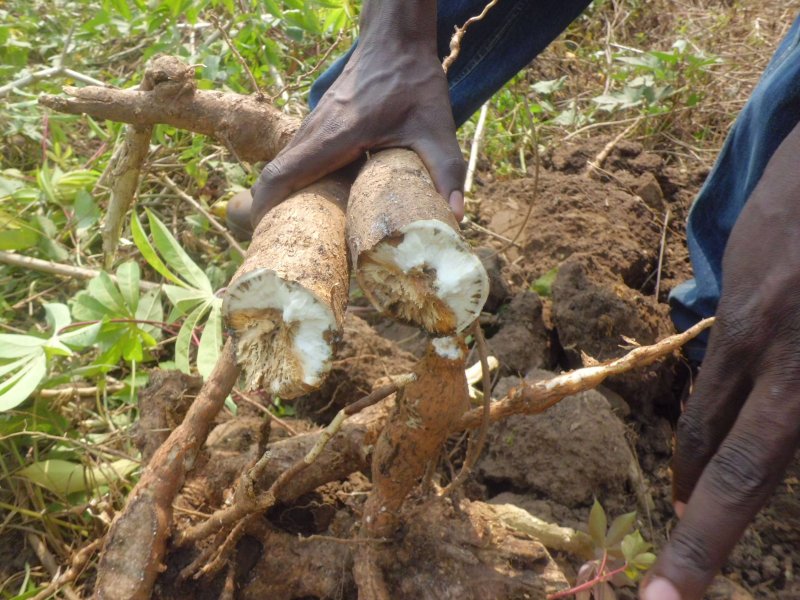Using gene-editing technology to create virus-resistant cassava plants could have serious negative ramifications, according to new research by plant biologists at the University of Alberta, the University of Liège in Belgium and the Swiss Federal Institute of Technology.
Their research shows that attempts to genetically engineer the plants to fight off viruses resulted in the propagation of mutated viruses in controlled laboratory conditions.
“Because this technology creates a selection pressure on the viruses to evolve more quickly, and also provides the viruses a means to evolve, it resulted in a virus mutant that is resistant to our interventions,” explained U of A post-doctoral fellow Devang Mehta.
The researchers used a new gene-editing technology called CRISPR-Cas9 in an attempt to design cassava plants that could cut the DNA of the mosaic virus and make the plants resistant to its damaging effects. They weren’t successful and decided to sequence hundreds of viral genomes found in each plant to understand exactly what happened.
“We discovered that the pressure that CRISPR-Cas9 applied to the virus probably encouraged it to evolve in a way that increased resistance to intervention,” said Mehta….
Read full, original article: Gene-editing technology to create virus-resistant cassava plant has opposite effect, researchers find































